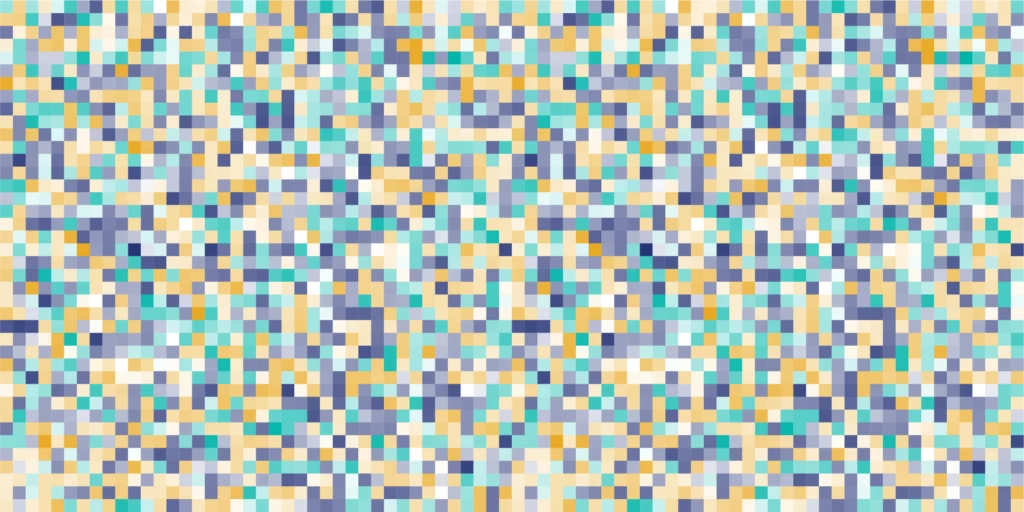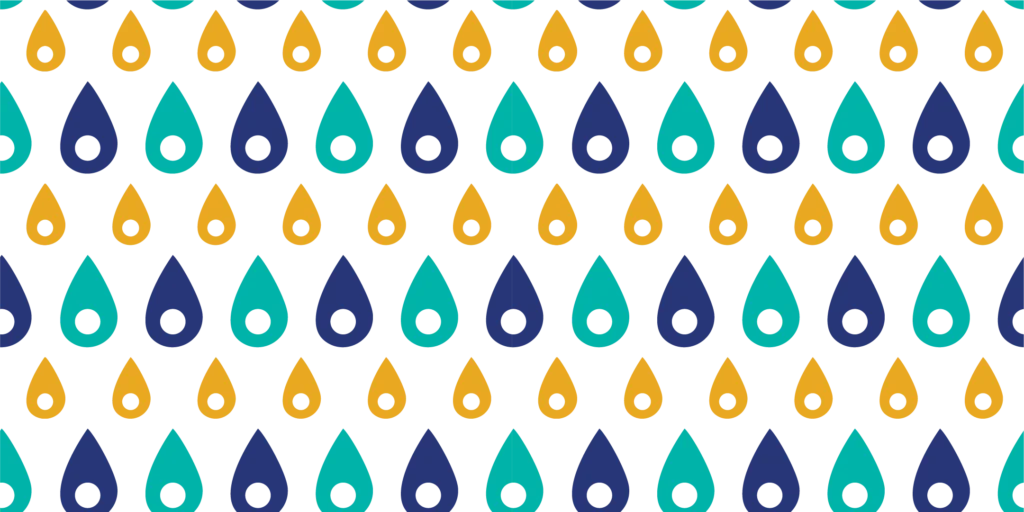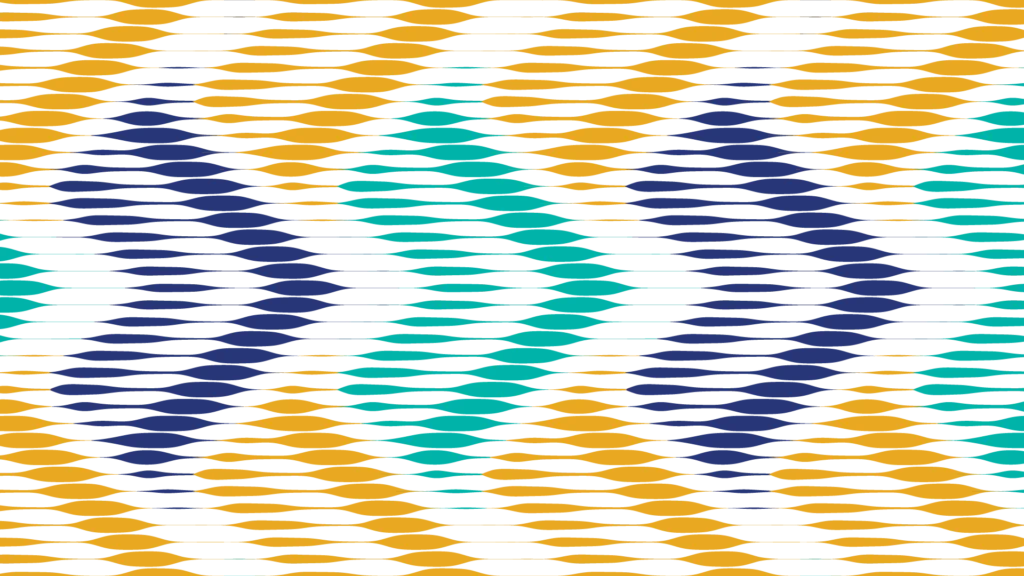
Non-Consensual Sharing of Intimate Images (NCII)
Also known as “revenge porn,” but this term is misleading. NCII happens when private photos or videos are shared without consent, regardless of how they were originally taken.
Why it’s harmful:
- Violates privacy and bodily autonomy
- Can be used for blackmail, humiliation, or public shaming.
What You Can Do

Document it
Save screenshots or links if you can. Ask a trusted friend for help if it’s too overwhelming.

Report it
Most social media platforms have reporting tools. You can also report to authorities like the police or MCMC.
Note: Reporting may seem simple, but it can be overwhelming for victims. It’s okay to ask a trusted friend for help to avoid retraumatization.

Take care of yourself
This is not your fault. Take breaks from digital spaces, talk to someone you trust, and seek professional support if needed.
Know Your Rights
Section 233 of the Communications and Multimedia renders it an offense when a person makes, creates, or solicits any content that is obscene, indecent, false, menacing, or offensive in character with intent to annoy, abuse, threaten or harass another person.
Section 509 of the Penal Code asserts any person who insults the modesty of any woman by word, through sound, gesture or exhibits any object intentionally, shall be punished for a term which may extend to five years or be fined or both. Victims of non-consensual dissemination of intimate images are protected by the provision.







